Today, with constantly increasing prices, it can be a challenge to make grocery purchases without exceeding our budget. Fortunately, there are numerous practical tips and tricks that can help us cook on a budget without sacrificing the flavor or quality of our meals.
The goal is to maximize every penny and get the most out of our ingredients. From planning purchases to making the most of food, there are many strategies we can use to save time, money and energy in the kitchen.
The good news is that you don't have to settle for boring or low-quality meals to keep your budget in check. In this article, we will provide you with practical and friendly advice that will allow you to enjoy delicious dishes while taking care of your pocket.
Whether you're looking for tips to get the most out of your ingredients or techniques to stretch your budget at the grocery store, you're in the right place! Read on to discover a variety of tips to help you cook on a budget and keep your diet nutritious and tasty.
So, if you're ready to discover how to reduce kitchen expenses without sacrificing the quality of your meals, keep reading! We will present you with a list of practical tips that will help you cook delicious dishes while keeping your finances under control. Get ready to save and enjoy your culinary creations without financial worries!
Take inventory of what's in your fridge and freezer
Before you run to the grocery store, take a few minutes to explore the nooks and crannies of your fridge and freezer. It's amazing how many forgotten ingredients accumulate over time. From a bunch of fresh herbs about to wilt to those vegetables hiding in the back of the drawer, everything can be put to good use! By taking inventory of your food, you can discover culinary treasures and save money by not having to buy ingredients you already have on hand.

Plan your menu for the week
Once you've identified the ingredients you have available, it's time to come up with a meal plan for the week. This will allow you to maximize the use of the ingredients you already have and prevent you from ending up buying unnecessary food. Consider combining similar ingredients in different dishes to create a variety of flavors and textures. Also, be sure to keep expiration dates on perishables in mind so you can use them on time and avoid waste.
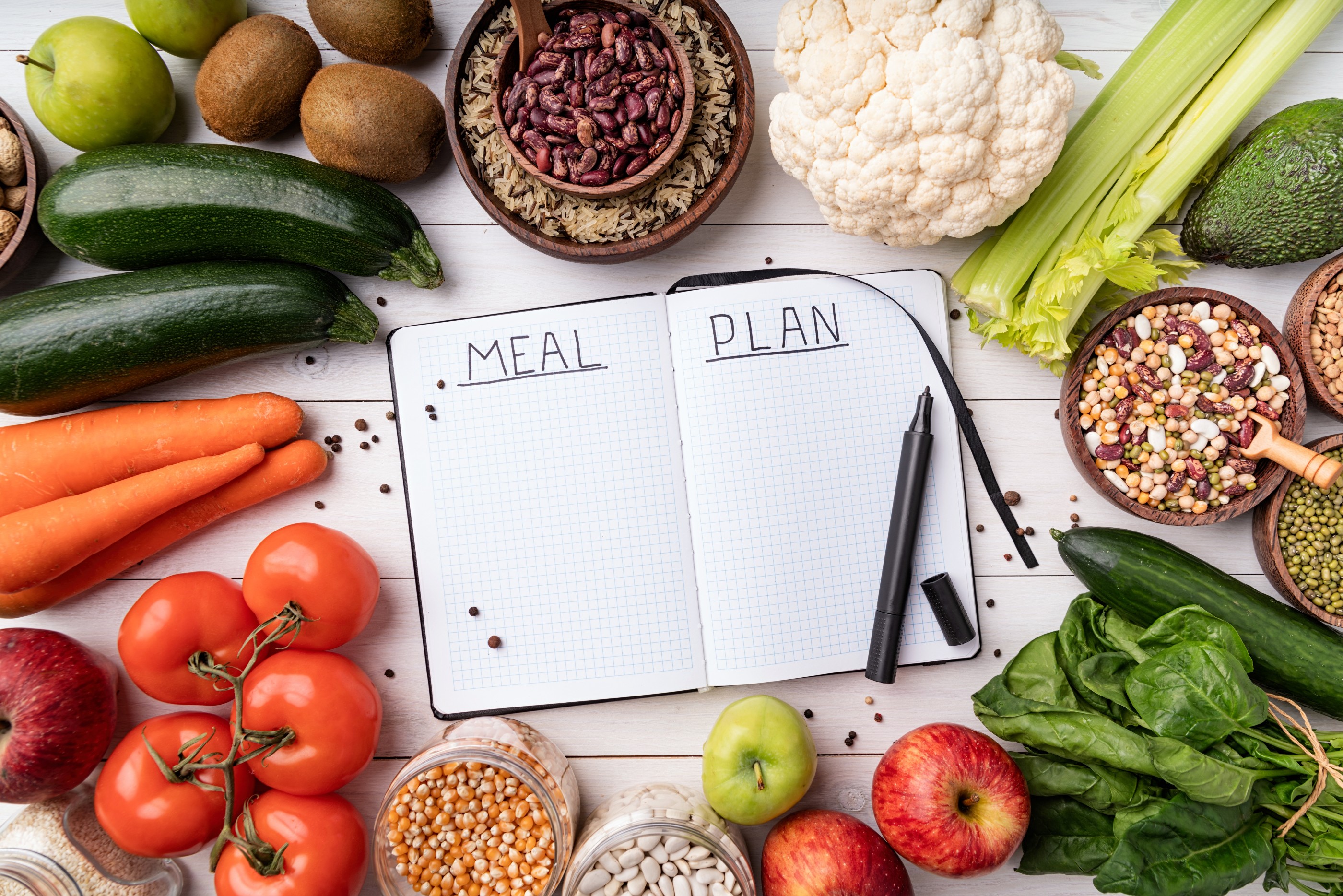
Prepare the ingredients in advance
Preparing ingredients can be a tedious task, especially after a long day at work. However, taking the time to chop, chop, and marinate your ingredients in advance can save you a lot of time and effort throughout the week. Peel and cut the vegetables, chop the meat and prepare the sauces and marinades. By doing this, you'll not only speed up the process of cooking your meals, but you'll also avoid the temptation to turn to fast food or expensive options when you're tired and don't feel like cooking.
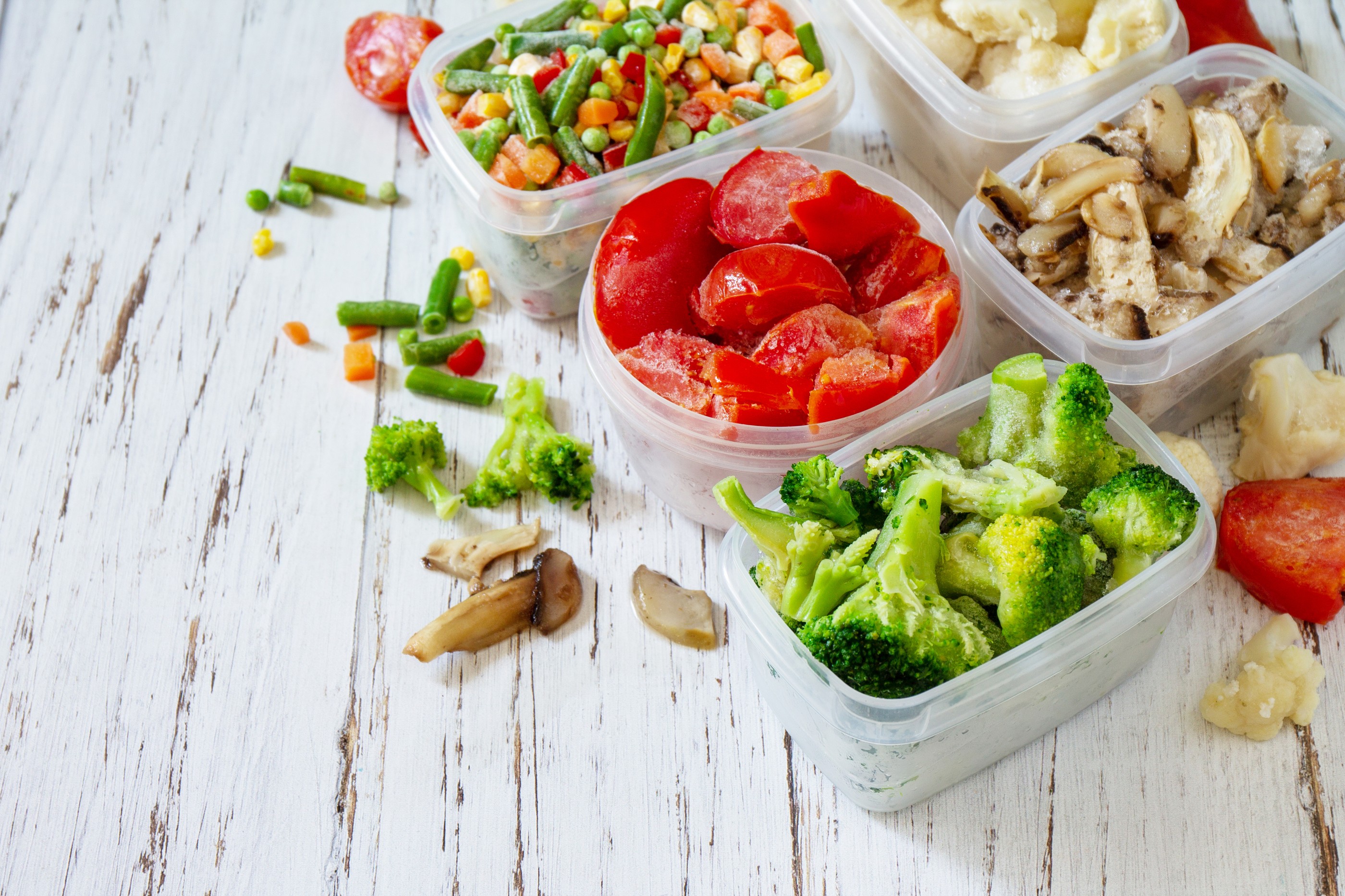
Cook in large quantities
One of the best tricks to save money in the kitchen is to cook in large quantities. Take advantage of the days when you have more free time to prepare dishes in large portions, such as stews, soups, casseroles or lasagna. These meals keep great in the freezer in individual servings, allowing you to have a ready-to-heat home-cooked meal on your busiest days. Additionally, cooking in bulk allows you to purchase ingredients in bulk, which is often cheaper than buying in small quantities.
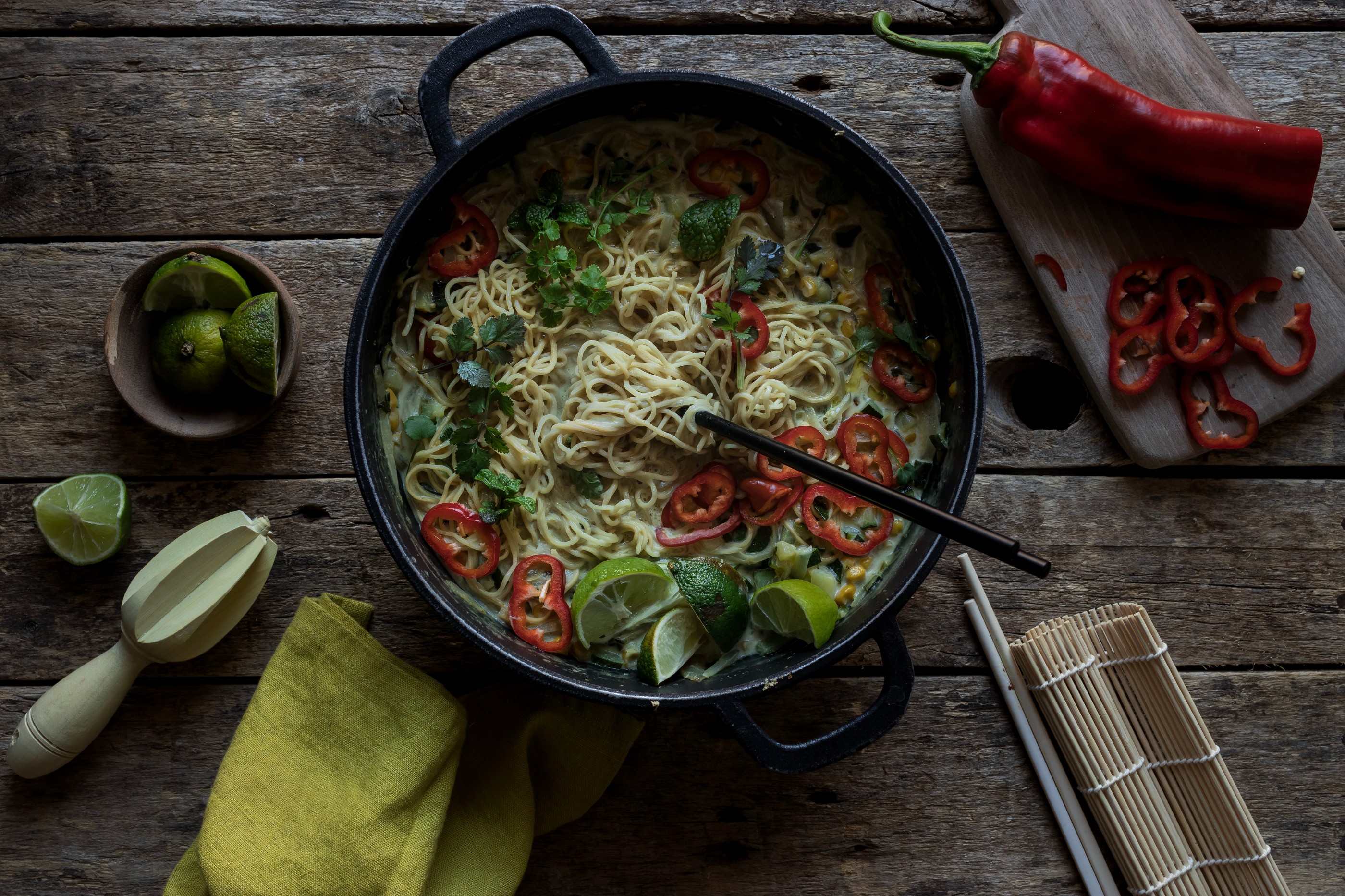
Get good containers
Be sure to invest in good airtight containers to store your prepared foods and leftovers. Quality containers will keep food fresher for longer, preventing food waste and saving you money in the long run. Look for containers that are stackable and that are freezer and microwave safe, which will make them easier to use and store. Also, remember to label the containers with the date and content for better organization.
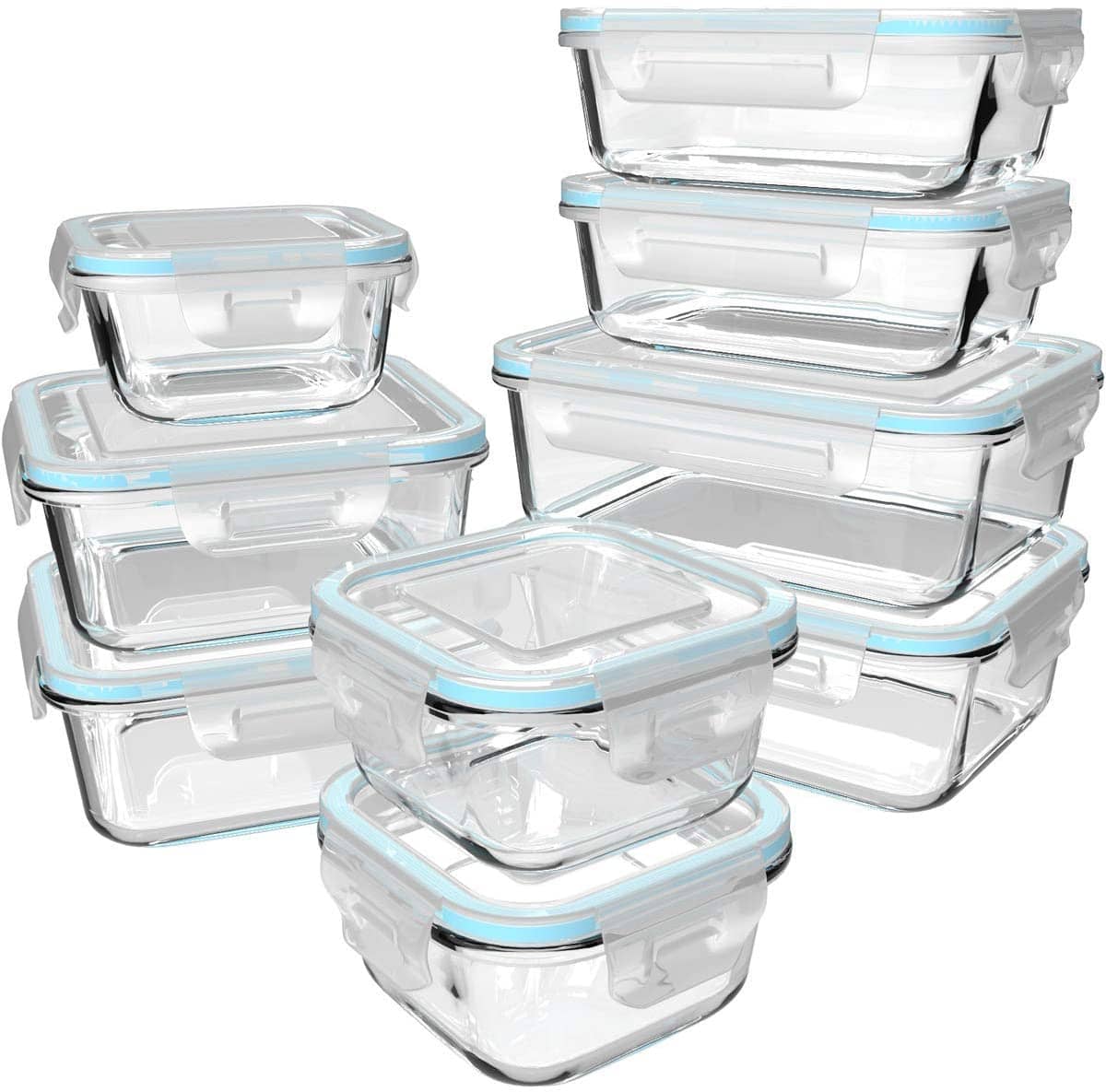
Avoid prepared foods
Prepared foods can be tempting when you're looking for something quick and easy to cook. However, they are much more expensive compared to home preparation. In addition, they often contain additives and preservatives that are not healthy in the long term. Instead of opting for prepared foods, choose to cook your own meals from scratch. Not only will you save money, but you'll also have more control over the ingredients and you'll be able to tailor recipes to your personal taste.

Take advantage of offers and discounts
Keeping an eye out for sales and discounts at the grocery store can make a big difference in your grocery budget. Check the brochures and weekly promotions to identify the products that are on sale. Consider buying non-perishable ingredients in bulk when there are significant discounts. Also, do not hesitate to use coupons and loyalty cards to get more benefits. However, remember to be selective and only buy what you really need.

Buy seasonal products
Seasonal products are cheaper and tend to taste better. By buying fruits, vegetables, and other items that are in season, you'll not only be saving money, but you'll also be supporting local farmers. In addition, seasonal products are usually at their peak of freshness and quality, which translates into more delicious dishes. Find out what is in season in your area and stick to it when planning your meals.
make a budget
Establishing a budget for your food purchases is essential to spend less in the kitchen. Determine how much you are willing to spend weekly or monthly and stick to that amount. Keep track of your spending to keep track of your finances and adjust your purchases if necessary. By having a clear budget, you'll be able to make more informed decisions about which ingredients to buy and how to manage your resources efficiently.

Beware of unhelpful ingredients
When you go shopping, avoid buying ingredients that you will only use once and then they will be forgotten in your pantry. Opt for versatile, long-lasting ingredients that you can use in multiple recipes. For example, rice, beans, pasta, and spices are staples that can be used in a wide variety of dishes. By choosing versatile ingredients, you will maximize their use and reduce waste.

Save the receipts
It is important to save receipts for your food purchases and review them regularly. This will allow you to evaluate your expenses and make adjustments to your budget if necessary. In addition, you will be able to identify the stores that offer the best prices and take advantage of their offers and promotions. Comparing the prices and quality of products at different stores can help you save money in the long run.

Never shop hungry
Going to the supermarket on an empty stomach can be a big mistake. Feelings of hunger can lead us to buy unhealthy and expensive foods on impulse. Before you go shopping, make sure you've eaten something to keep you full so you can make more rational decisions about your food purchases.
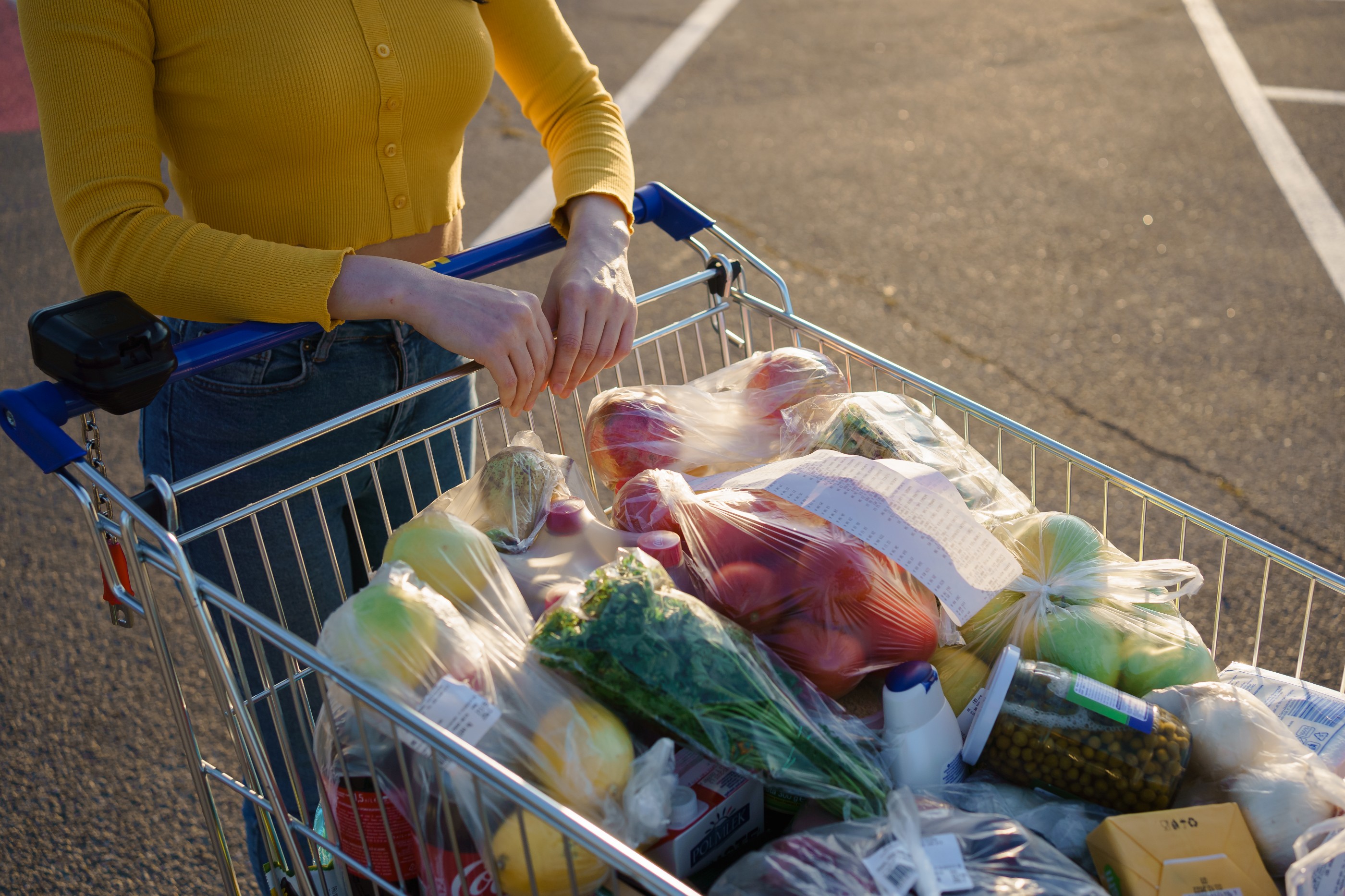
Use cheap cuts of meat
Meat can be one of the most expensive items in your food budget. To cut meat costs, consider using inexpensive cuts like chicken breast, chicken thigh, or ground beef. These cuts are versatile and can be used in a wide variety of delicious recipes without breaking the bank. Also, remember that not all dishes need meat to be tasty and nutritious. Explore vegetarian and vegan options that can be just as delicious and affordable.
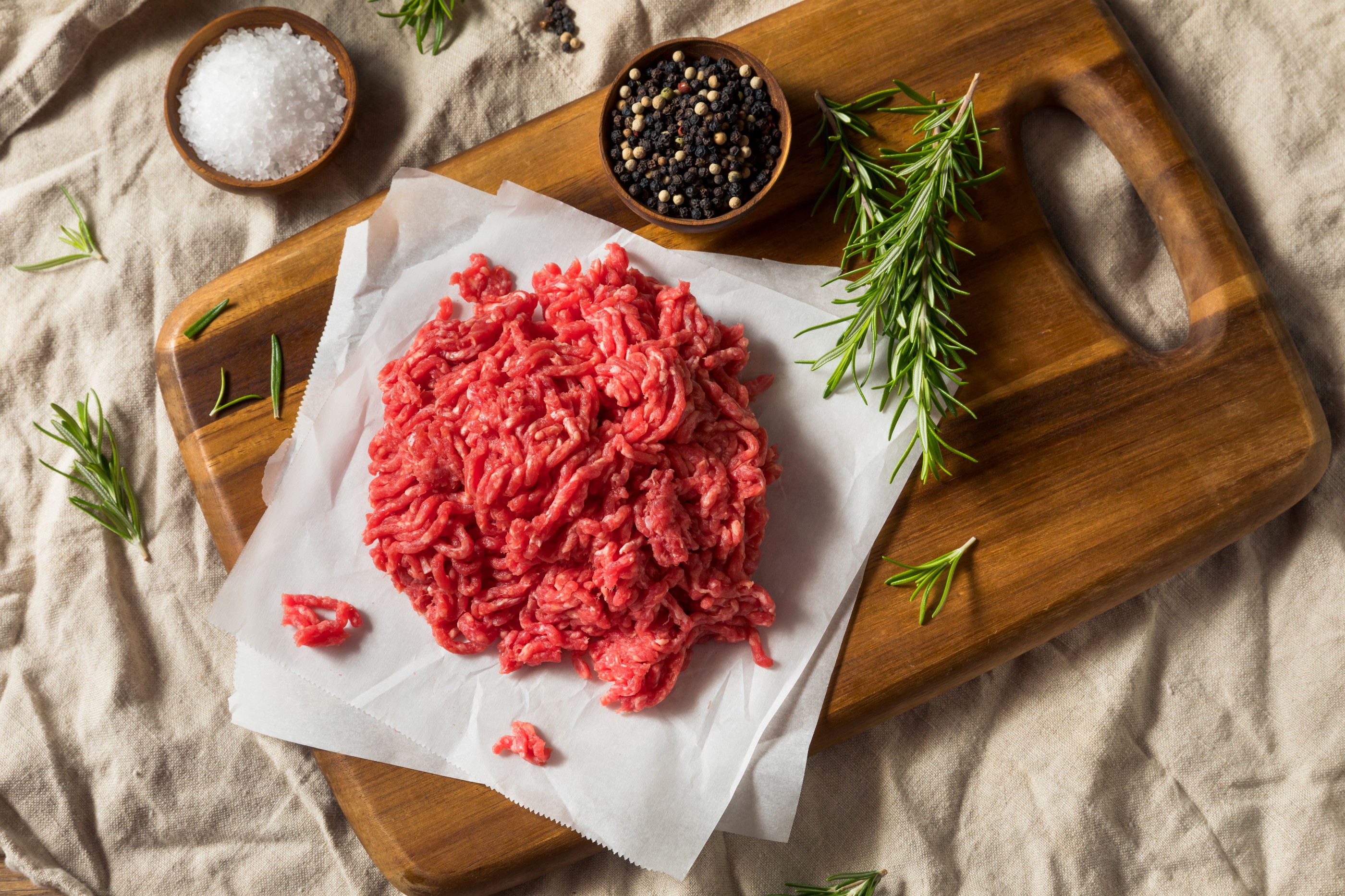
Make the most of leftovers
Leftovers don't have to be boring. Instead of wasting your extra food, find creative ways to use it up. You can turn leftovers into new recipes, like salads, scrambles, or empanadas. You can also use leftovers as lunches to take to work or as additional ingredients in future dishes. By making the most of leftovers, you'll not only save money, but you'll also prevent food waste.

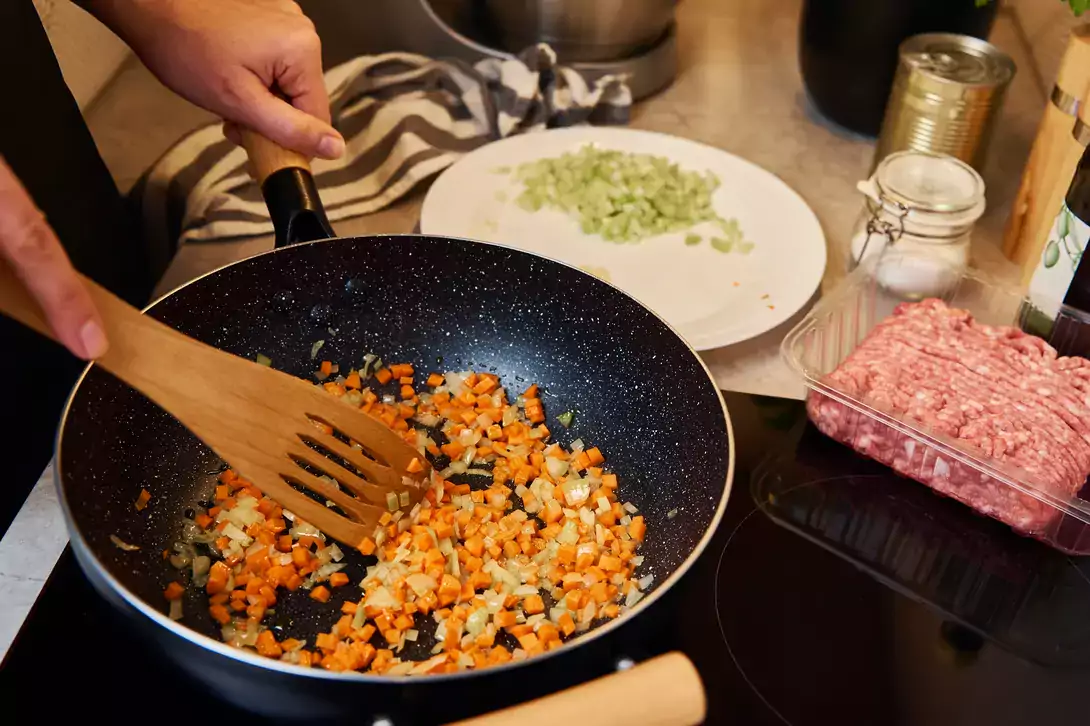
Comentarios